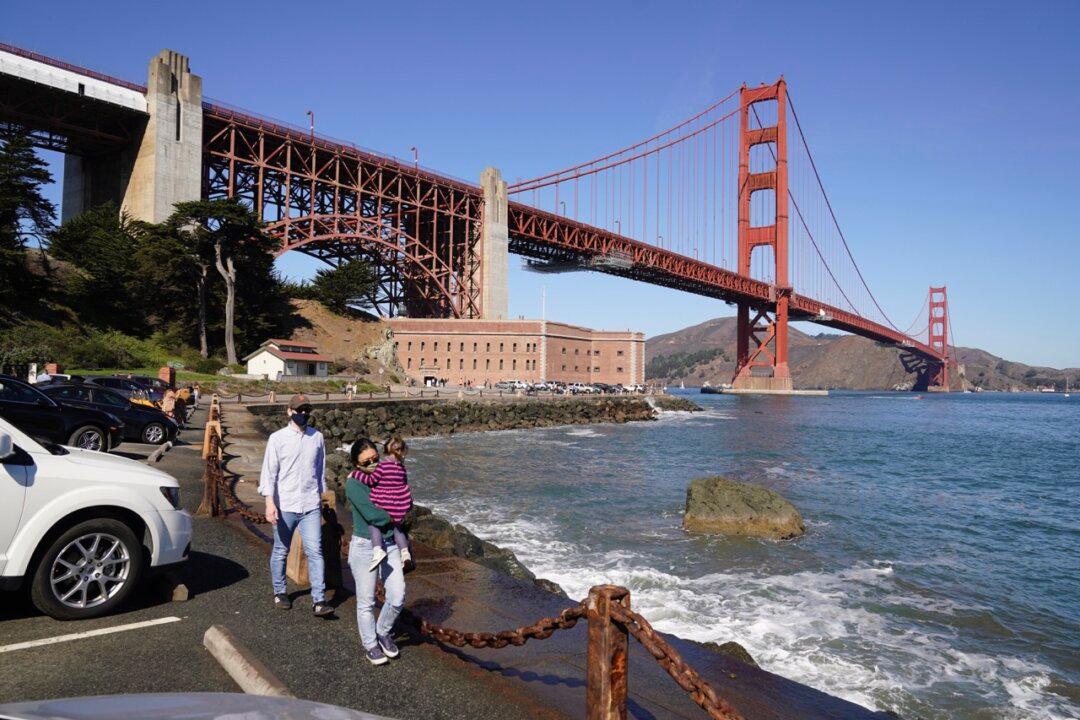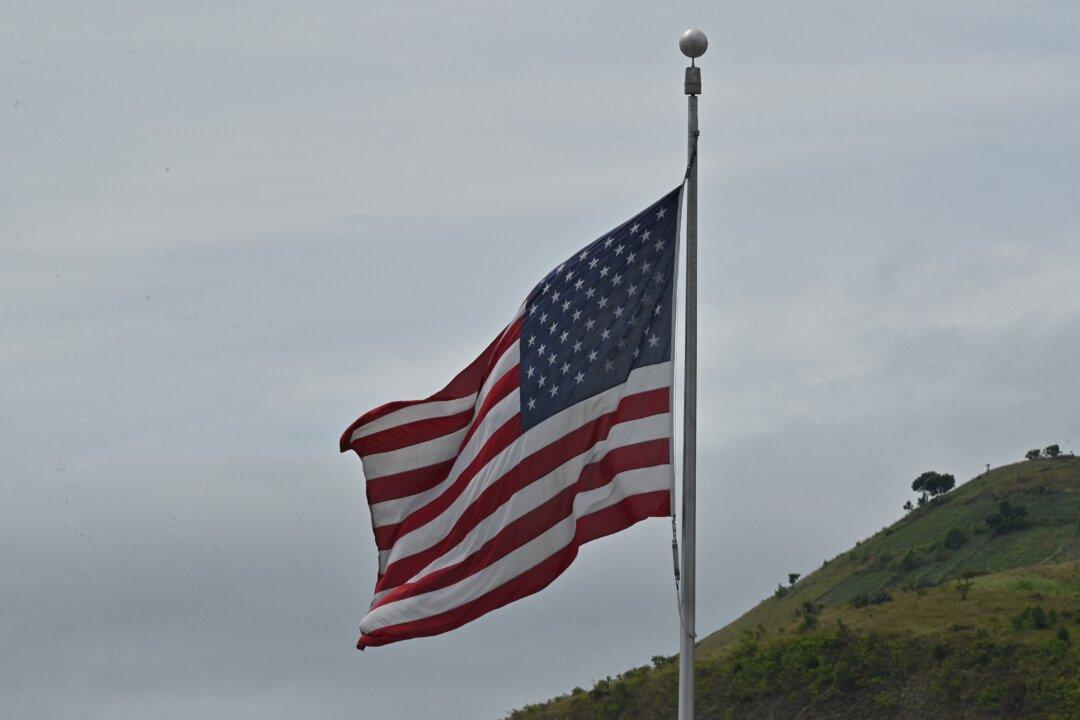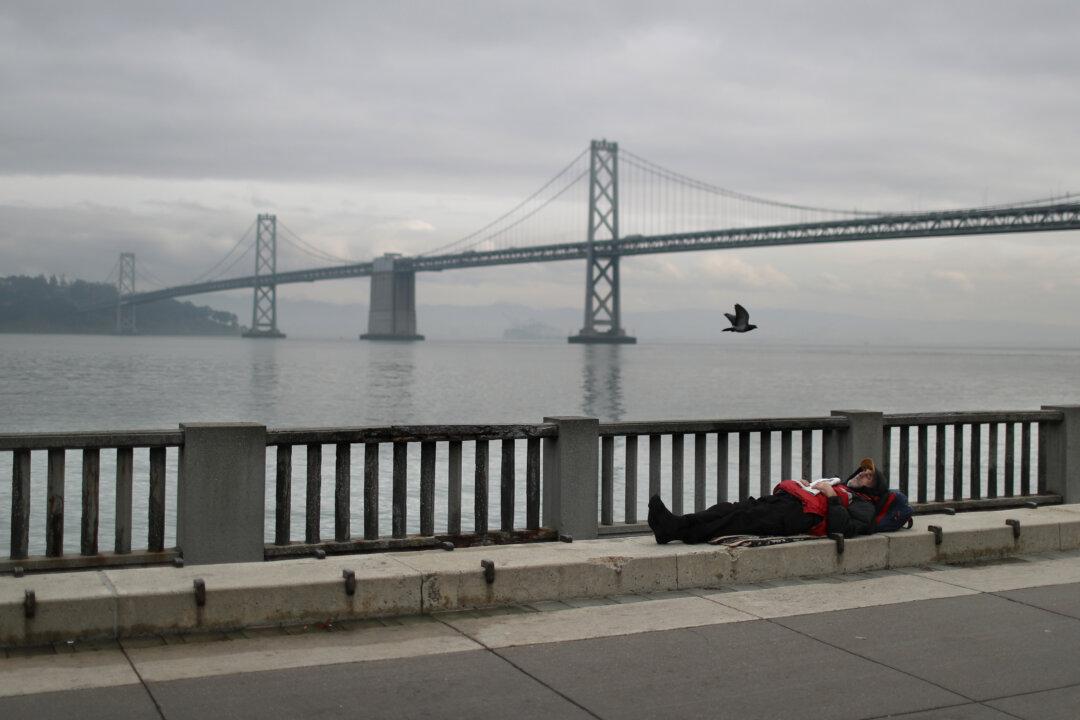“The Second Day of July 1776, will be the most memorable Epocha, in the History of America. I am apt to believe that it will be celebrated, by succeeding Generations, as the great anniversary Festival. It ought to be commemorated, as the Day of Deliverance by solemn Acts of Devotion to God Almighty. It ought to be solemnized with Pomp and Parade, with Shews, Games, Sports, Guns, Bells, Bonfires and Illuminations from one End of this Continent to the other from this Time forward forever more. You will think me transported with Enthusiasm but I am not. I am well aware of the Toil and Blood and Treasure, that it will cost Us to maintain this Declaration, and support and defend these States. Yet through all the Gloom I can see the Rays of ravishing Light and Glory. I can see that the End is more than worth all the Means. And that Posterity will tryumph in that Days Transaction, even altho We should rue it, which I trust in God We shall not.”

A Betsy Ross flag on July 3, 2022. Photo by Rich Cibotti
Commentary
Rich Cibotti is a Sergeant in the San Francisco Police Department and a primary instructor at the SFPD Police Academy, and he is also a licensed attorney. Visit his site at RichCibotti.Substack.com. All opinions are Rich Cibotti's own and do not reflect that of the San Francisco Police Department.
Author’s Selected Articles




